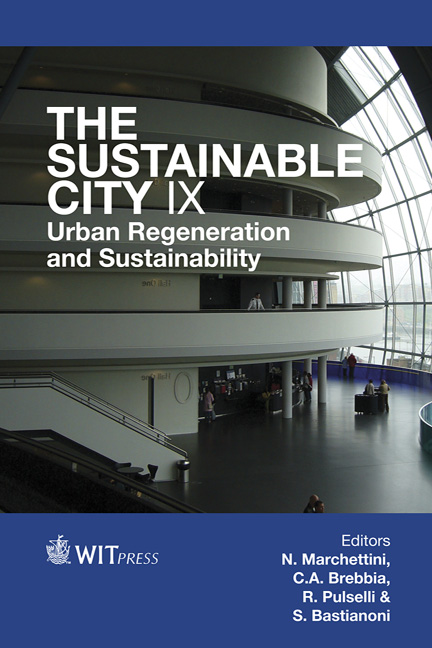EPR In Brazil And Sectoral Agreements: Developments And Critique
Price
Free (open access)
Transaction
Volume
191
Pages
9
Page Range
1347 - 1355
Published
2014
Size
295 kb
Paper DOI
10.2495/SC141132
Copyright
WIT Press
Author(s)
T. Trentinella
Abstract
In 2010, Brazil introduced the sectoral agreement: a contract between government and companies to regulate the extended producer responsibility (EPR) legally set up. Under the EPR, producers are responsible for their products until the post-consumer stage. Since sectoral agreements have a contractual nature, they only bind the parties, but being a party itself is not mandatory. Therefore, companies will only participate if any benefit is foreseen, meaning that free-riders are likely to appear. Signed in December 2012, the only the sectoral agreement so far targets automotive lubricant plastic packages, demanding their makers and retailers to implement a take-back program. However, it cannot be seen as a major advance because such recycling schemes had already been carried voluntarily since 2005. The sectoral agreement has had little concrete progress in recent years; take-back obligations and recycling targets should be binding for all agents of a certain waste stream. Japan follows such guidelines, which have been proving positive. Brazil should mirror some of these experiences for more effective waste management policies.
Keywords
waste management, recycling, sectoral agreements, EPR, Brazil, Japan





